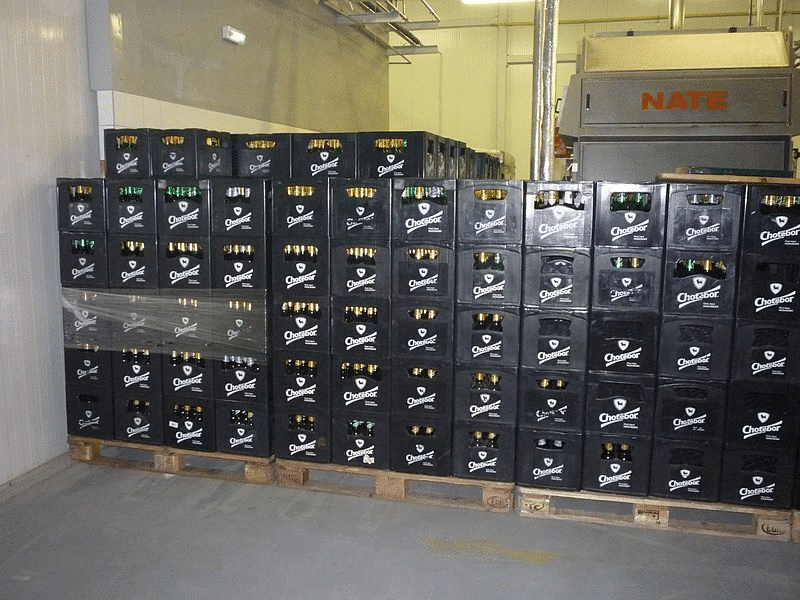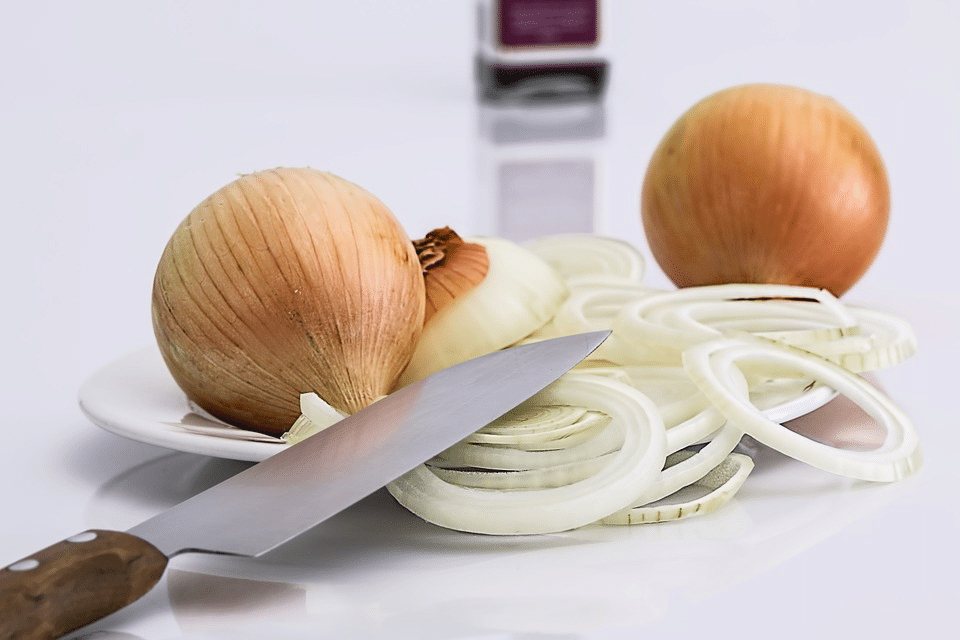3.10 – which 'for'? pro vs. na
Ok, since we’re talking about for and we’re also talking about cooking, it’s worth noting a distinction in Czech between two different types of for.
|
pro accusative |
‘for (a recipient)’ |
|
na accusative |
‘for (a purpose, such as a recipe, a party, lunch)’ |
examples with pro
|
|
|
|
Vařím čaj pro Mikuláše. I am making (cooking) tea for Mikuláš. |
Kupujeme dárky pro rodinu. I are buying gifts for the family. |
examples with na
|
|
|
|
|
Kupuju pivo na párty. I am buying beer for the party. |
Jana krájí cibuli a okurky na salát. Jana is cutting onion and cucumbers for a salad. |
Připravuju chlebíčky na oběd. I am making open-faced sandwiches for lunch. |
One easy way to distinguish these, is when you are trying to translate ‘for’, pro tends to be with people (they can receive things), na tends to be with objects. Compare the examples above.
Images used in this document come from these sources.


